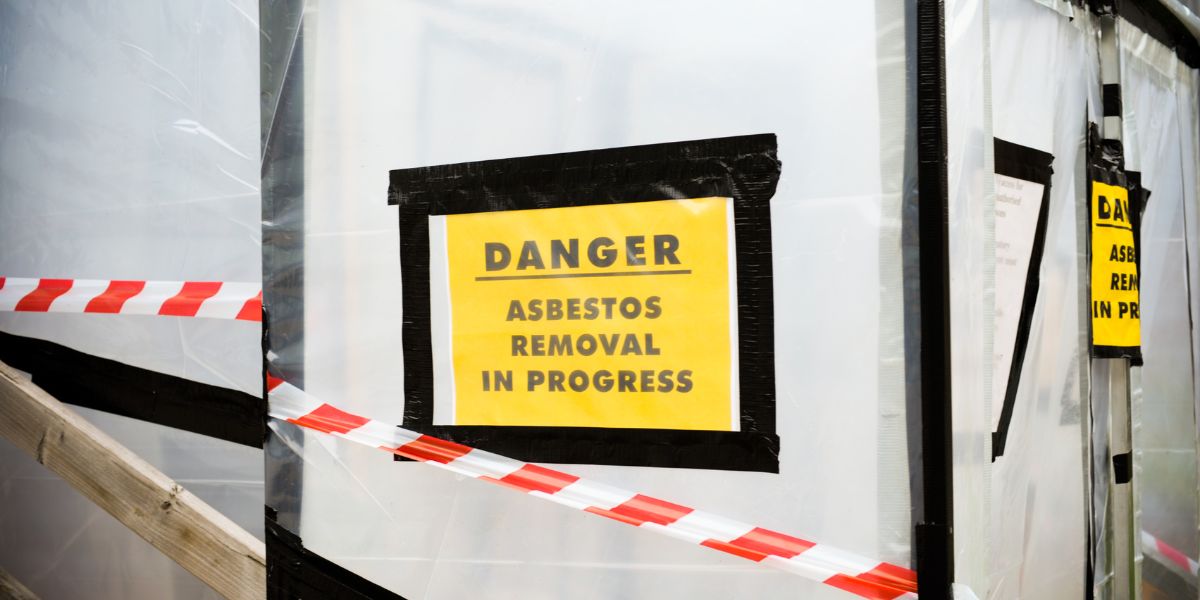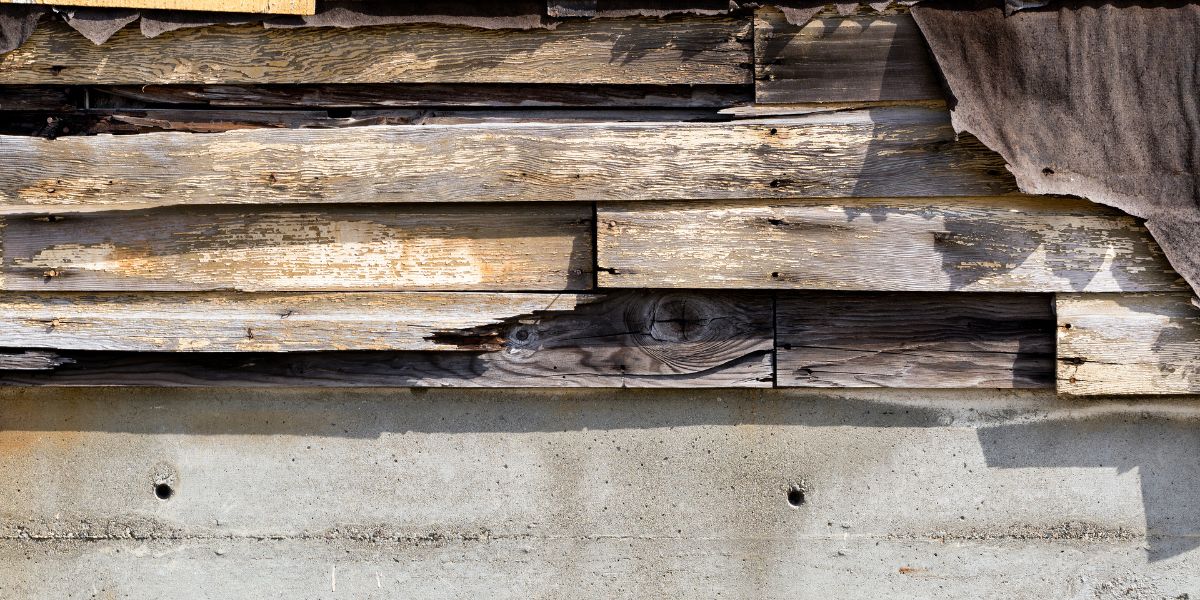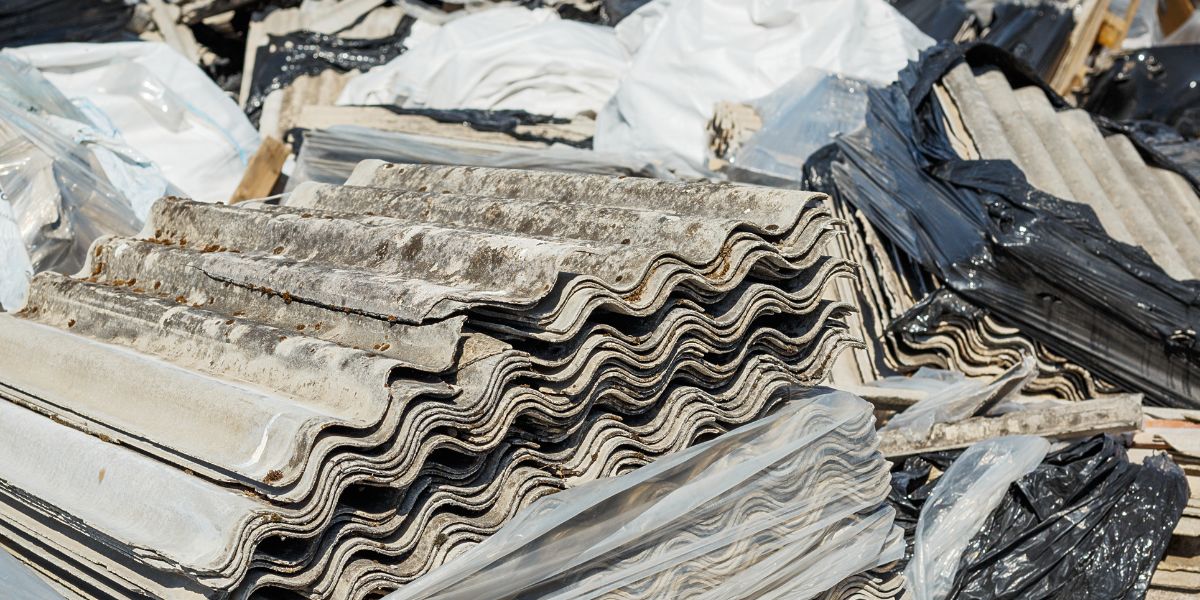As the leading mold removal and disinfection service company in Owings Mills, the technicians at First & Last Restoration receive hundreds of questions from business owners and residents every month about musty odors and smells in your home, water damage, and how to improve indoor air quality. This explainer will answer their most asked question: “Does a musty smell mean mold?” For more questions about the factors that affect the hygiene and livability of an indoor environment, contact their technical service line today.
Mold Is Usually the Problem
Mold, mildew, and other fungal spores are present in nearly all residential structures in the United States, and they can spread through the ductwork and vents of a home’s air conditioning system. Research from the World Health Organization Reveals that over 45 million commercial and residential buildings in America, comprising 20% to 50% of all current structures, have some form of fungal growth indoors.
Mold is a prevalent problem in communities where flooding and high humidity are commonplace, such as Reisterstown, Owings Mills, and other places in Baltimore County that are high-risk hurricane zones. Most residents detect mold through a musty house smell coming from an area that does not receive as much sunlight as the rest of the home, like the basement or the attic. When a resident asks a technician, “Does a musty smell mean mold?” These are the first places they look.
What Does Mold Need to Survive?
Unlike most household pests, mold does not need nutritious food or a consistent water supply to thrive. It only requires a few droplets of moisture, a constant flow of oxygen, and organic material to feed on, such as insulation, brickwork, and even clothes. Adverse weather events can trigger the growth of mold colonies as they cause:
- Poor gutter drainage
- Flash Floods
- Leaking pipes
- Water seepage from shattered roof shingles
Eliminate Mold with These Technician-Approved Tricks
DIY mold treatments can be dangerous as there is no way to tell whether a colony is toxic or not on sight, especially for people with allergies and asthma. Here are a few tips that will help reduce the appearance of mold on walls and floors.
- Check for leaks and water damage around plumbing installations
- Find sagging spots on walls and ceilings
Get Professional Help Today
So, does a musty smell mean mold? It helps to get a licensed technician to know for sure. Call the First & Last Restoration hotline at (443) 400-7593, and get a free consultation with an expert in fungus removal and earth mineral technology.


















